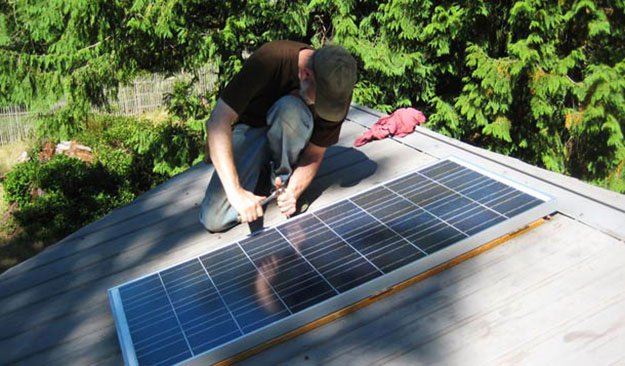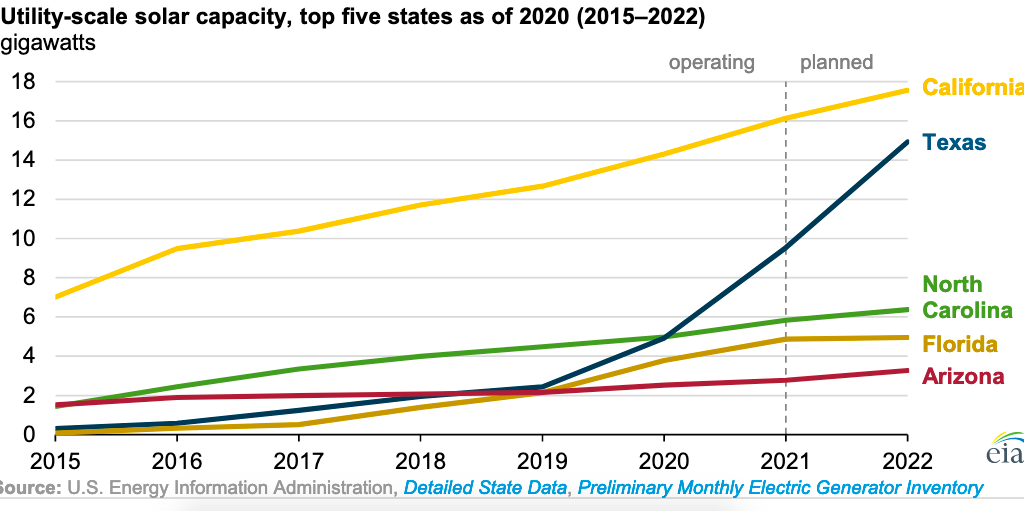
This article will help answer the question of how much solar power can you save each year. We will discuss the costs and benefits of solar power as well as the tax credits available for installing them on your home. We will also talk about the tax benefits of solar power in places where electricity is expensive. Keep reading to find out more. Until next time, happy solar paneling! Also, be sure to see our solar panel installation tips.
Savings with solar panels
Installing solar panels on your roof can save you a lot of money each year. You can save money on your electricity bills by creating excess energy and selling it back the power grid. Many states also allow you to store excess electricity and get credits on your electric bill. You will also have the ability to access your panels at night.
The average American household consumes approximately 10,972 kilowatt hours of electricity annually. Multiplying this figure with the average electricity rate in your area will reveal that solar panels can provide significant savings. You can see the long-term savings from installing solar panels. Using the Power Wizard, you can find the most appropriate plan to meet your needs in just 5 minutes.

Solar panels cost
One of the greatest benefits of installing solar panel is that they can keep your house running even in power outages. Solar panels are like insurance against such a disaster. If you adhere to some guidelines, you can expect a positive return in nine to twelve years. However, the initial costs of installing solar panels are usually higher than the savings they will bring in the long run.
You should think about how much you are willing to spend on solar panels to get the best deal. The average cost of a six-kW solar system ranges from $18,600 to $46,500. This price does not include solar battery storage costs. The cost of this system can be increased from PS1,200 to PlayStation 6, depending on the type, longevity, and quality.
Tax benefits
Solar panels can bring you many tax benefits. You can receive a tax credit to cover the cost of solar panels. In 2021 and 2022, a solar system can get up to a 30% credit off of the total cost, including installation and permitting. This means that a $10,000 solar installation can result in savings of approximately $2,600 for homeowners. You can also get the credit for energy storage systems (e.g. a battery).
Even better, the federal government will reimburse you for installing solar panels. Federal incentives have been offered to homeowners who buy and install solar panels since 2005. The solar investment tax credit, or SIT, is a tax credit of up to 26% of the total cost of your solar system. This tax credit is available year after year for offsets on your new solar PV systems.

Save money with solar panels in low-energy states
Solar power is a great option to reduce your monthly power bills. You can save even more money if you own your electricity source. Not only will you be able to save money on your electricity bill but also it will help reduce pollution and the environment. While the savings with solar power are not huge, they are certainly worth it. Here are the solar energy benefits. Make the switch to solar energy and save money.
Before you can determine whether solar panel will save money, it is important to first calculate the cost for your current electricity bill. Log in to your electric utility account and calculate the average of several electricity charges. Consider going back at minimum six months, and taking into account seasonal temperature and price fluctuations. Installing solar energy would help American families save approximately $1,413 annually on their electricity bills. If you use 100% of the energy, your payback time is approximately 5 years.